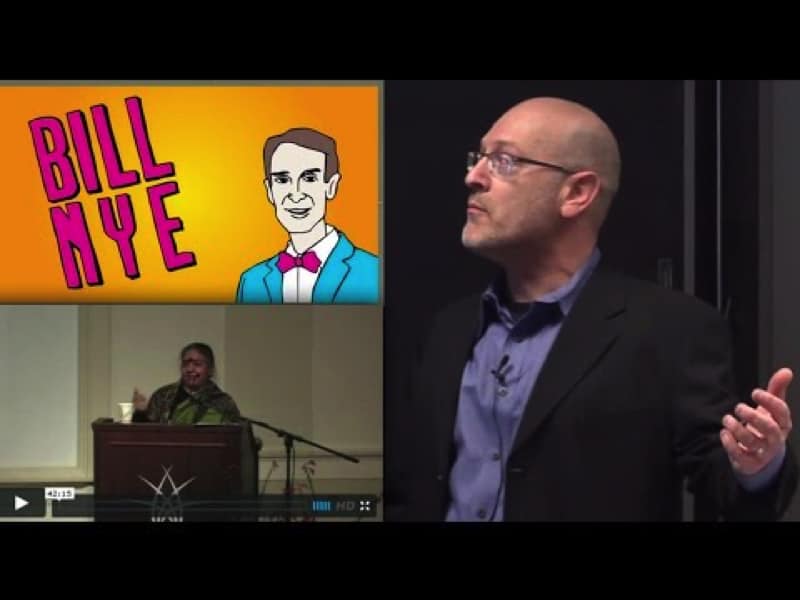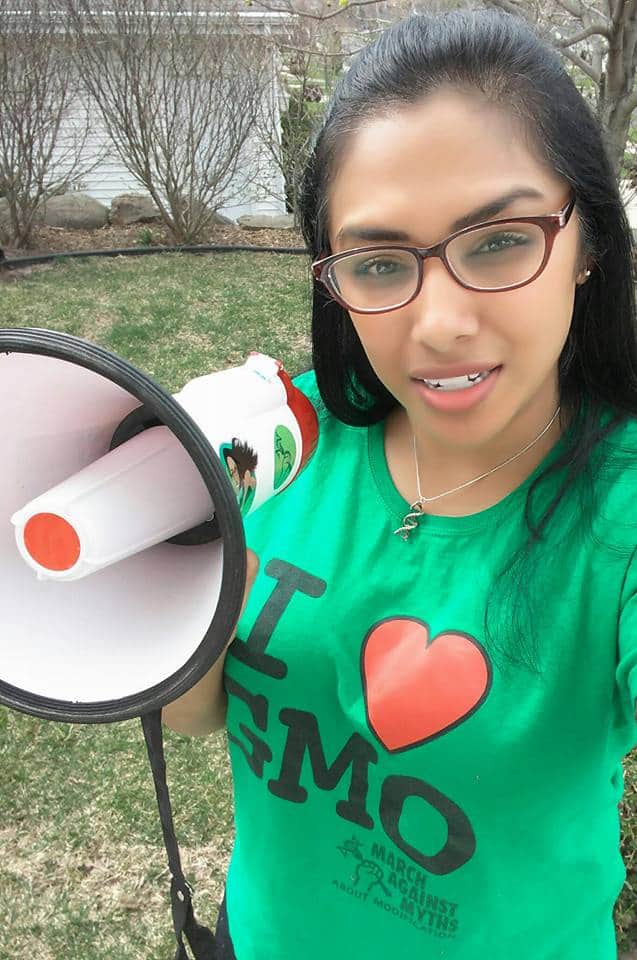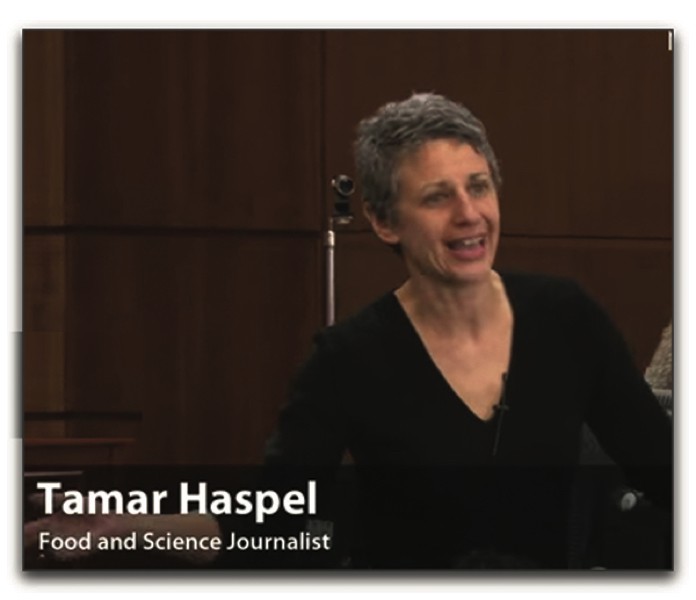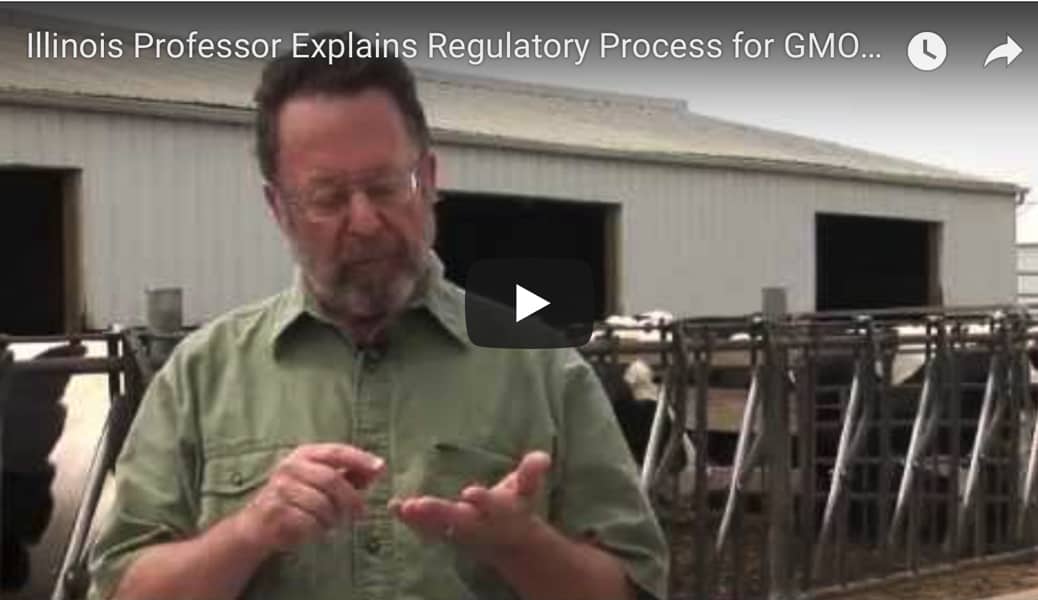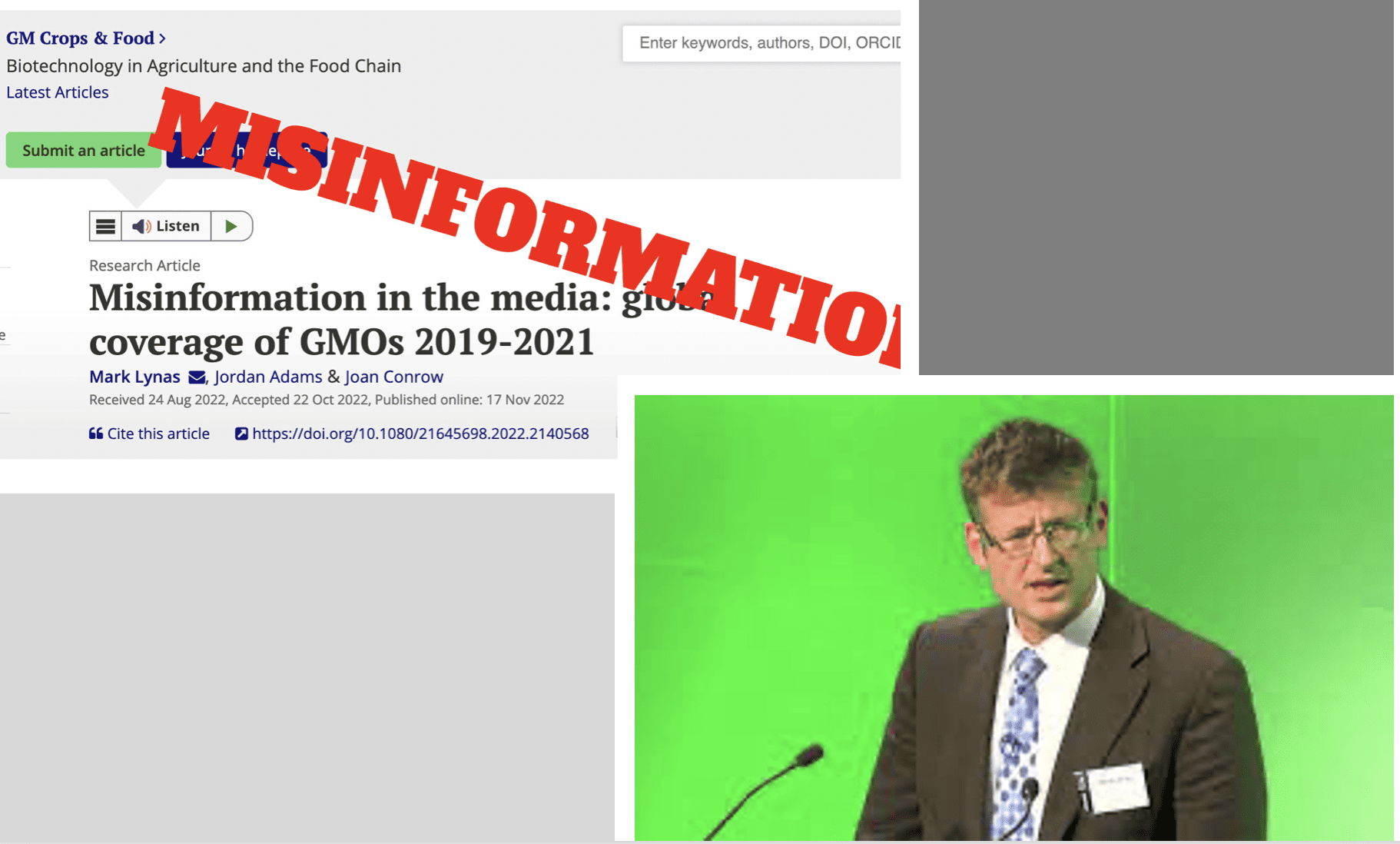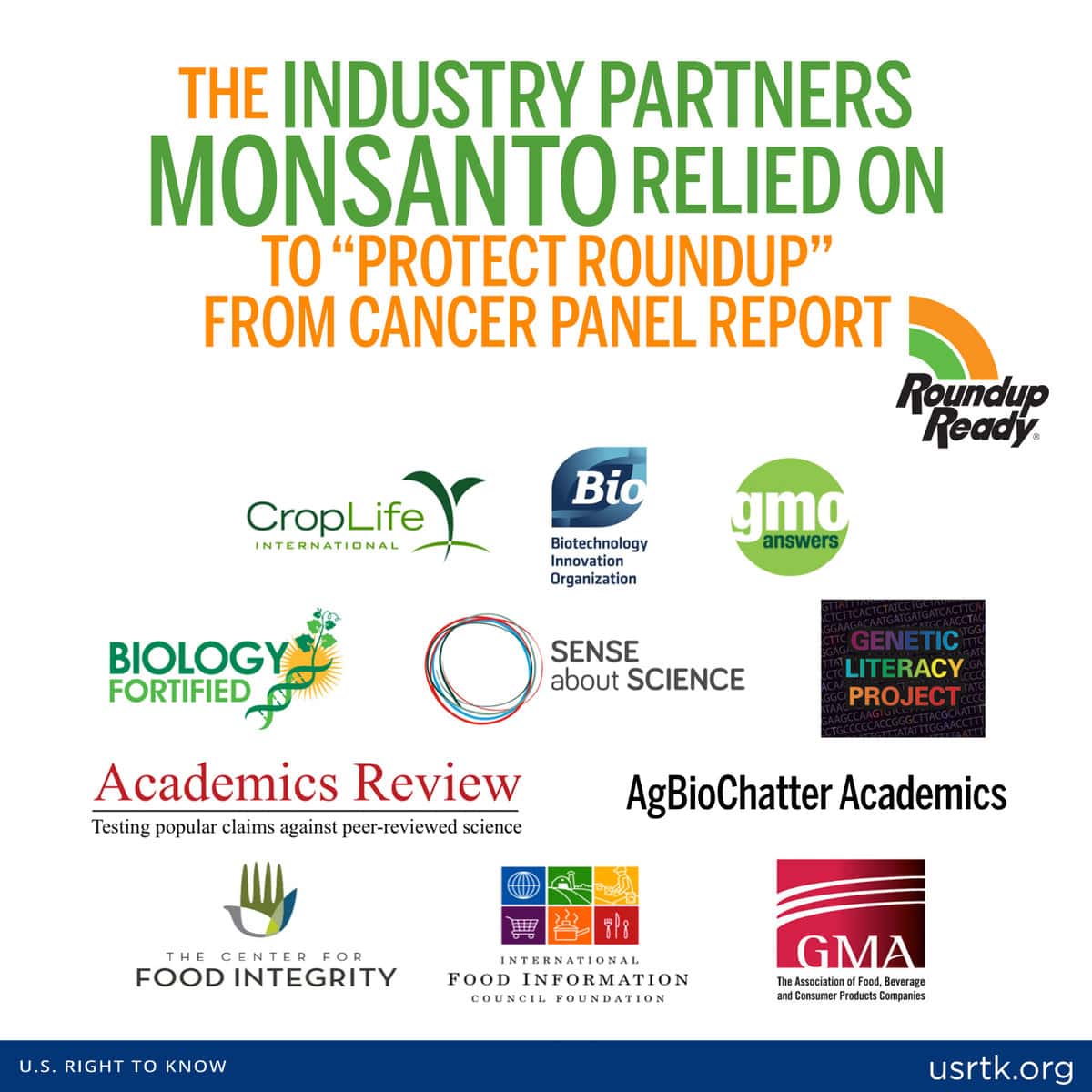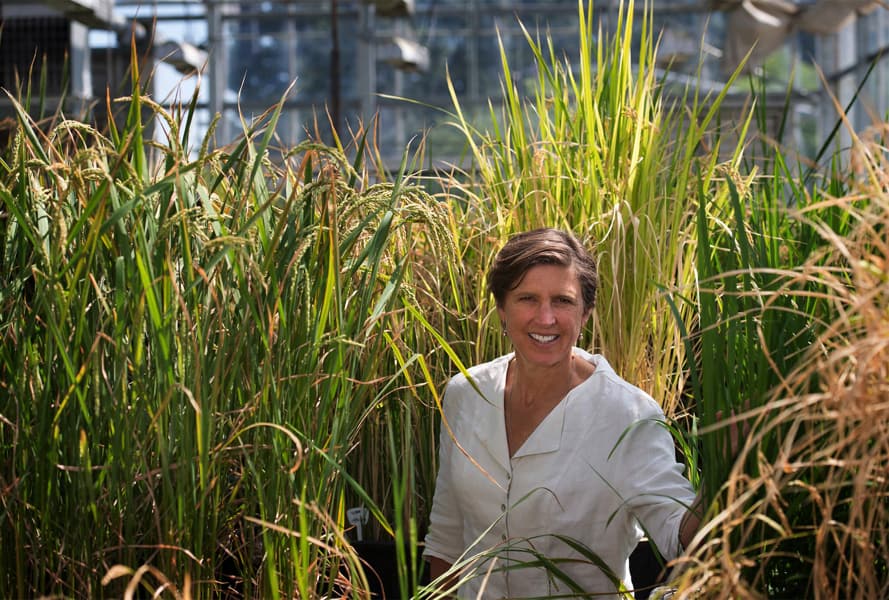Gates-funded ‘Alliance for Science’ accused of peddling misinformation

The Alliance for Science is a public relations campaign that trains spokespeople and creates networks of influence, particularly in African countries, to persuade the public and policymakers to accept GMOs and pesticides. The Bill & Melinda Gates Foundation launched the effort in 2014 with a $5.6 million grant and has since donated $22 million to … Gates-funded ‘Alliance for Science’ accused of peddling misinformation










